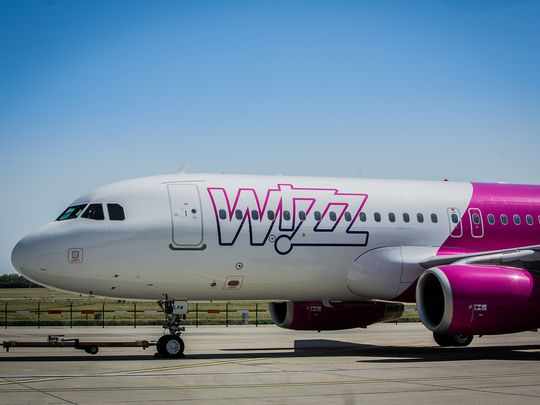Syrian pound sinks to historic low on parallel, state-backed markets
- Date: 19-Jul-2023
- Source: Zawya
- Sector:Financial Markets
- Country:Lebanon
Syrian pound sinks to historic low on parallel, state-backed markets
Syria's currency hit its lowest level on the parallel market on Wednesday, trading at more than 11,000 to the U.S. dollar, according to online applications used to track the currency's value. On Tuesday, the Central Bank devalued the official rate at which foreign currency money transfers could be withdrawn to 9,900 pounds to the dollar. It marks a significant collapse since the beginning of the year, when the parallel market rate hovered around 6,500 and the transfer rate was 4,522. The pound had traded at 47 to the dollar before protests against President Bashar al-Assad erupted in March 2011. Since then, bloody conflict, Western sanctions, a currency squeeze linked to neighbouring Lebanon's financial meltdown and the government's loss of its northeastern oil-producing territories have triggered an economic meltdown. The resulting collapse of the pound has driven up the price of goods and aggravated hardship as Syrians struggle to buy food, electricity and other basic items. The devaluation was being fueled by the onset of stagflation, a term referring to the combination of high inflation and economic stagnation, economic analyst Nisrine Zreik told Reuters. "The rise is a result of a weakness in the Syrian economy in general and the production




















